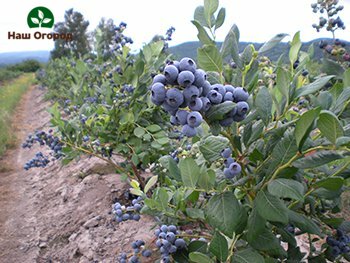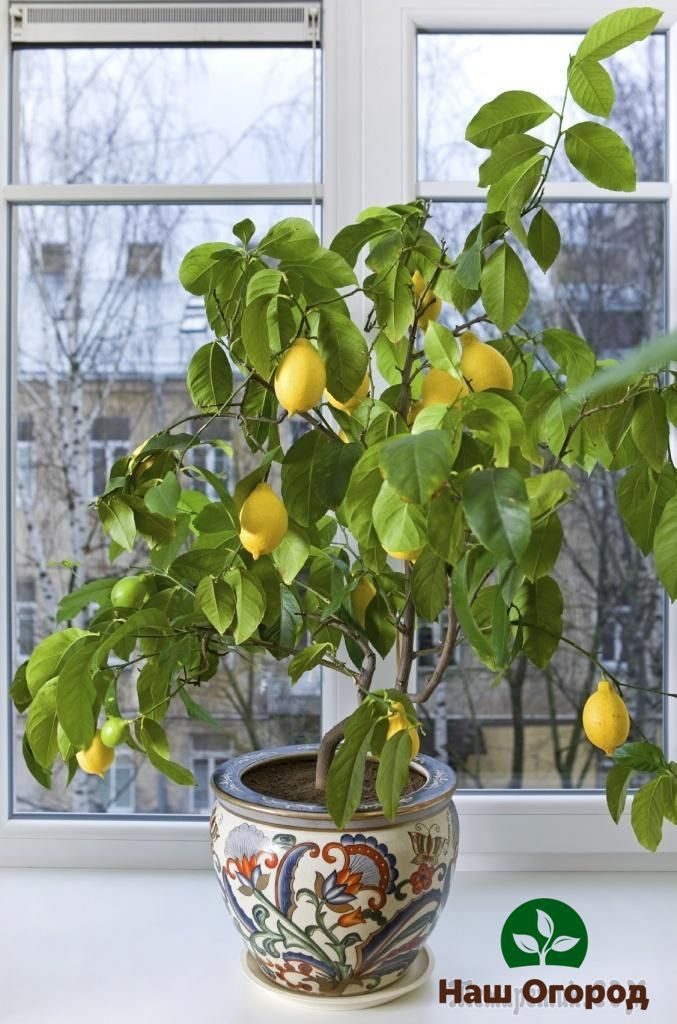Useful tips for growing fruits and berries
Content:
Fruits and berries are not only tasty, but also healthy food. This is a very huge and valuable storehouse of various minerals and vitamins. To benefit from them, you do not need to cook and heat them, because they can be consumed raw. This is the benefit of nature itself! Stop buying them from grocery supermarkets and start growing fruits and berries yourself. This will help you maintain good health.
Some fruits and berries can be grown directly from seed, while others are best purchased as seedlings. Regardless of the ease of growing, all crops are held in high esteem by gardeners and gardeners. Fruits develop and grow in different ways: on bushes, on trees, in containers or pots, on hanging pots - the list is endless.

Growing fruits and berries: types and characteristics of plants
Blueberry. Blueberries love the increased acidity of the soil, this is ideal for its growth. Test your soil and if there is not enough acid in the soil, then try to increase its acidity, for blueberries this is necessary. A well-drained soil and good lighting are also important for maximum berry yield. After planting and germination, it needs to be watered every week so that the roots are moistened about ten centimeters deep. For more acidic soil, try adding an element such as sphagnum peat moss. The advantages of blueberries are that it fights inflammation or various bacteria, acts like an antibiotic, and has a beneficial effect on memory and the visual apparatus. In general, it has a healing effect on the body, and also strengthens the immune system. However, in large quantities it can cause indigestion, therefore it is good in moderation.

Raspberries. A very productive plant, so if you want to grow it in a container, and not outdoors, then the container should be at least seventy-six centimeters. Like blueberries, planting raspberry seeds should be in a well-drained soil, in a sunny location, and compost will need to be added to ensure a good start to the initial growth.
Raspberry seedlings are about twenty centimeters tall. As the fruit ripens, due to their heaviness, its branches may bend towards the ground. If you are planting raspberries in a container, then you will need small sticks to tie them up to control growth. Raspberries are packed with vitamins and minerals. Also, these miracle berries contain salicylic acid, which is why it is often compared to a drug - aspirin. It also contains antioxidants, but this does not prevent it from being soft and not irritating the gastric mucosa. Increases perspiration, has antipyretic and analgesic effects.

Citrus. Their variety is more than just lemons and limes, they also include: varieties of oranges, kumquats and grapefruits. They can be grown in containers on the windowsill, but this is quite difficult in our climate, you have to be patient. Growing citrus fruits in a climate that is favorable to them is quite easy if done right.
An important detail to keep in mind when planting citrus fruits is to keep an eye on the salt level in the soil.Symptoms of the negative effects of increased salt concentration can range from slow plant growth to drying out and death of the edges of the leaves. To avoid oversaturation of the soil with salt, a good and properly performed soil drainage will be required. Continue to water regularly and the salt will eventually clean out through the porous soil.
When the temperature drops, give the plants additional nutrition, such as an extra layer of mulch or fertilizing.
The advantage of citrus fruits is that their composition is rich in: sugar, organic acids, vitamins, pectin substances, mineral salts, macronutrients, trace elements, phytoncides, essential oils and many other useful elements. An important component is vitamin C, because it improves the quality of the work of various enzymes, rehabilitates carbohydrate metabolism and helps the intestines better absorb glucose, and also helps to speed up fat burning. The acids it contains prevent the development of atherosclerosis, lower blood cholesterol levels, strengthen the nervous system, and even are an antidepressant. And our favorite vitamin C takes part in the formation of collagen, and collagen, in turn, stimulates faster healing of wounds and stimulates the renewal of body cells.
Dwarf pears. Many such traditional types of fruits and berries as: pears, plums, peaches, cherries, figs and nectarines, breeders have long bred dwarf varieties. Dwarf fruits are the best choice for planting in containers and pots.
While it is quite easy to grow dwarf plants, there are a few things to keep in mind when planting. A dwarf tree of any kind is quite delicate and fragile, because of this, it must be handled delicately, so it must be placed in a place protected from direct wind currents. We all know that cutting off underdeveloped shoots is good for the plant, but you only need to limit it to severely damaged or broken branches.
Pollination problem: some crops are self-pollinated. Try to find just such, otherwise you will only grow leaves. Pears are useful for the body because they are rich in various vitamins and minerals, for example: fiber, potassium, phosphorus, iron, sulfur, folic acid. It is necessary to include it in your diet for people suffering from obesity and diabetes mellitus. This is due to the fact that the fruits of the pear contain fructose and for its digestion in the stomach and assimilation in the body, a small dose of insulin is required.
Strawberry. On the plot, strawberries need room for extensive growth due to their lashes. When growing strawberries, you need to be completely sure that the roots are completely covered with soil, but the top is on top to get fresh air and sunlight. Rotting of the top of the plant can lead to its death.
This fragrant berry contains a huge amount of useful components, which in turn have a positive effect on the body. Strawberries help the intestines, liver, kidneys, gall bladder, heart and blood vessels work. It also improves appetite.
Pest and disease control
You can opt for disease-resistant varieties, but the tasty fruits that grow on your plants and trees can still suffer from bacteria, infections, or fungi from time to time. For the preservation of useful elements, refuse chemical treatment. Due to such a refusal, you will have to monitor the crops more closely. Practice growing fruits and berries, that is, do not water more often than necessary, take care of sufficient sunlight and fertilize as needed.

